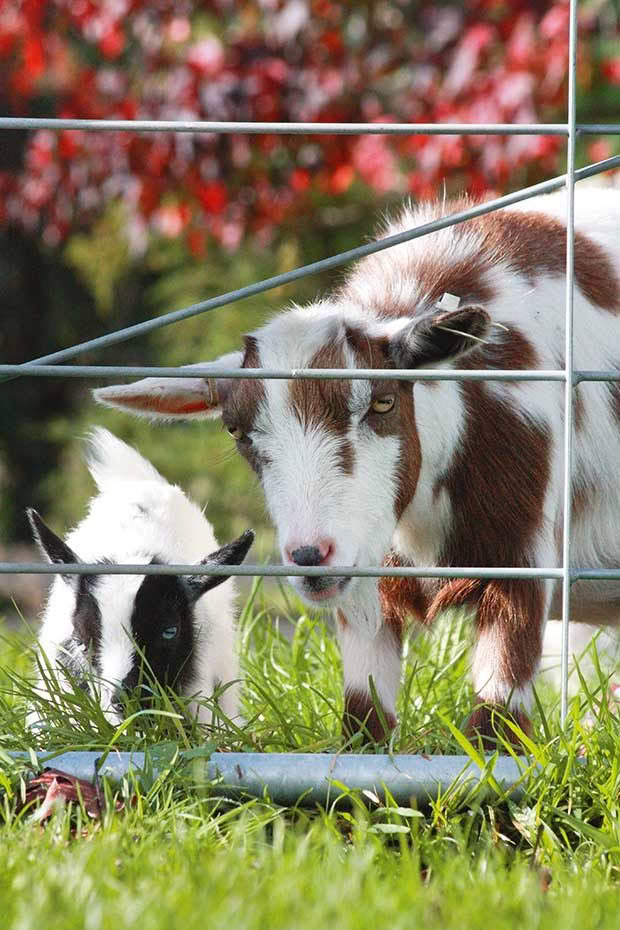How to import farm animals to New Zealand

Bringing a new breed into NZ is expensive, and you can only import certain species of farm animals from approved countries.
Words: Nadene Hall Images: Sally Tagg, Nadene Hall
WHAT CAN BE IMPORTED?
◊ Sheep, goats, deer, llamas, and alpacas from Australia
◊ Llamas and alpacas from the USA
TO SUCCESSFULLY IMPORT FARM ANIMALS INTO NEW ZEALAND YOU NEED TO KNOW ABOUT:
◊ the import health standards (IHS) for farm animals
◊ the approved countries and species
◊ applying in advance for a permit from MPI
◊ ear-tagging requirements
◊ pre-export isolation, including tests and treatments
◊ veterinary certification
◊ notifying an MPI official vet before animals arrive
◊ biosecurity clearance in Auckland
◊ declaring medication
◊ post-arrival quarantine, if needed
◊ the reporting obligations for imported animals in NZ
◊ relevant fees and charges
The Ministry for Primary Industries has detailed guides on how to get started.
General import requirements applicable to live farm animals
You can import cattle, sheep, deer, alpacas, llamas, and goats into NZ, as outlined here: mpi.govt.nz/importing/live-animals/farm-animals/
Import requirements for semen and embryos
A guide to the strict biosecurity measures, testing procedures, and requirements for importing animal semen and embryos (germplasm): mpi.govt.nz/importing/live-animals/semen-and-embryos/
Import Health Standards (IHS)
The requirements for importing semen and embryos from dogs, cattle, sheep and goats, deer, llamas and alpacas, bees, horses, pigs and zebra.
There are separate IHSs for embryos and semen.
Love this story? Subscribe now!
 This article first appeared in NZ Lifestyle Block Magazine.
This article first appeared in NZ Lifestyle Block Magazine.
